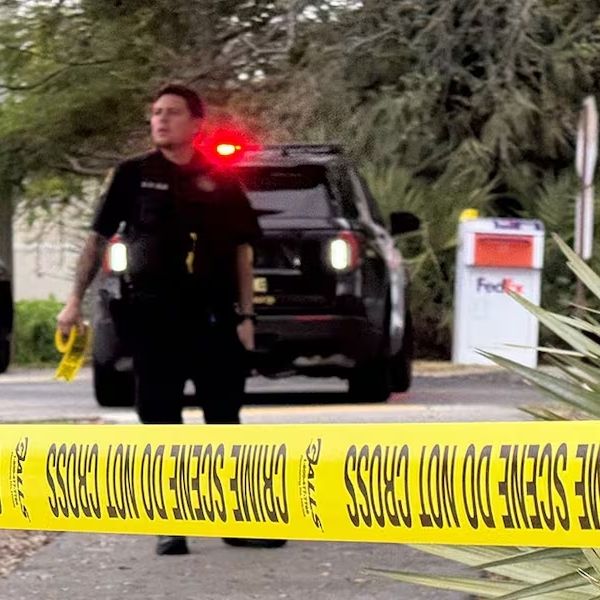The Florida Supreme Court today upheld the death sentence for Richard Barry Randolph, whom a court convicted in the 1988 murder of Minnie Ruth McCollum in Palatka.
The Court denied Randolph’s appeal of the circuit court’s refusal to grant his fourth successive motion for postconviction relief, rejected his demands for public records, and denied his petition for a writ of habeas corpus. These actions clear the way for authorities to carry out his execution, scheduled for November 20, 2025.
Governor Ron DeSantis signed a death warrant, directing officials to implement Randolph’s sentence next week.
Randolph has contested his conviction and death sentence for over three decades since he was first sentenced to death for the brutal and prolonged attack, sexual battery, and murder of Ms. McCollum, a convenience store manager, during a failed 1988 robbery attempt.
The Court, with Chief Justice Muñiz and Justices Labarga, Couriel, Grosshans, Francis, and Sasso agreeing, found that none of Randolph’s arguments justified relief. Justice Canady recused himself from the case.
Randolph’s most recent filings included an appeal of a circuit court’s summary denial of his postconviction motion and a separate habeas petition. The Supreme Court addressed and rejected every claim:
-
Method of Execution: Randolph claimed the three-drug lethal injection protocol would inflict a torturous death due to his chronic autoimmune disease, lupus. The Court ruled the claim was untimely, procedurally barred, and legally lacked merit, pointing out that facts regarding his diagnosis and the execution protocol have been available for years. Moreover, the Court rejected his suggested alternative execution methods, stating officials could not “readily implement” them or that they were not significantly safer.
-
Warrant Period and Public Records: Randolph argued the brief 30-day warrant period and the denial of his many demands for public records prevented him from having a full and fair postconviction proceeding. The Court affirmed the circuit court’s denial of the records requests, citing that some were excessively broad or requested confidential information. The justices reaffirmed their previous rulings, which reject arguments challenging the compressed warrant period as a due process violation.
-
Clemency Process: The Court rejected Randolph’s challenge to the clemency process, which asserted a right to refute factual findings and receive an updated clemency investigation. The decision cited legal precedent holding that capital defendants do not possess such rights during the clemency process.
-
Habeas Petition (McCoy Claim): Randolph’s habeas petition claimed his trial attorney conceded guilt during the trial without his express consent, violating the Sixth Amendment under the 2018 McCoy v. Louisiana U.S. Supreme Court ruling. The Court dismissed this, stating the claim was untimely and procedurally barred. Crucially, the justices noted Randolph failed on the merits because he admitted he never explicitly objected to his counsel’s strategy, a necessary component for a successful McCoy claim.
Execution Stay Denied
Given the Court’s findings, it announced it would decline to stop Randolph’s execution or hold an oral argument.
A jury convicted Randolph of first-degree murder, among other related crimes, for the 1988 incident where he broke into a convenience store and repeatedly beat, strangled, stabbed, and sexually assaulted Ms. McCollum, who died six days later from her wounds.
The jury recommended death, and the circuit court imposed the sentence, finding four aggravating circumstances, including that the murder was especially heinous, atrocious, or cruel. The Florida Supreme Court had previously upheld his conviction and sentence in 1990.
















Leave a Reply